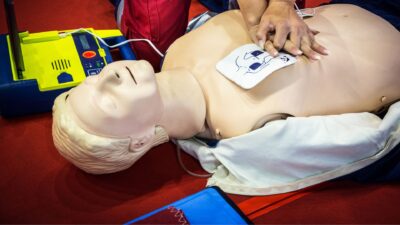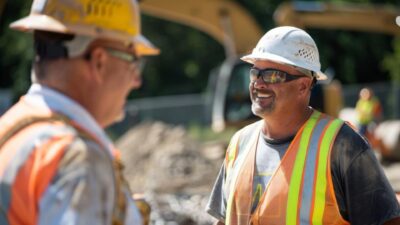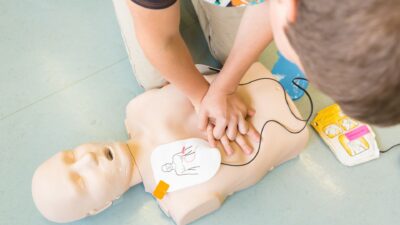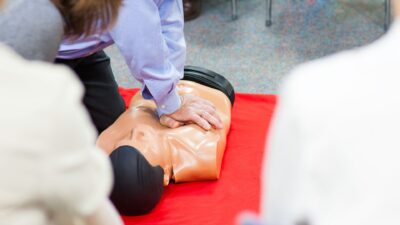
How to Use CPR Techniques in Conjunction With Other First Aid Skills in Knoxville, TN
Emergencies don’t follow a script. One moment, someone is breathing; the next, they collapse. In high-stakes situations, a single life-saving skill is rarely enough. While CPR (Cardiopulmonary Resuscitation) is crucial for restoring circulation, it often needs to be combined with other first aid techniques to truly save a life. In Knoxville, TN, individuals trained in…
Read More







